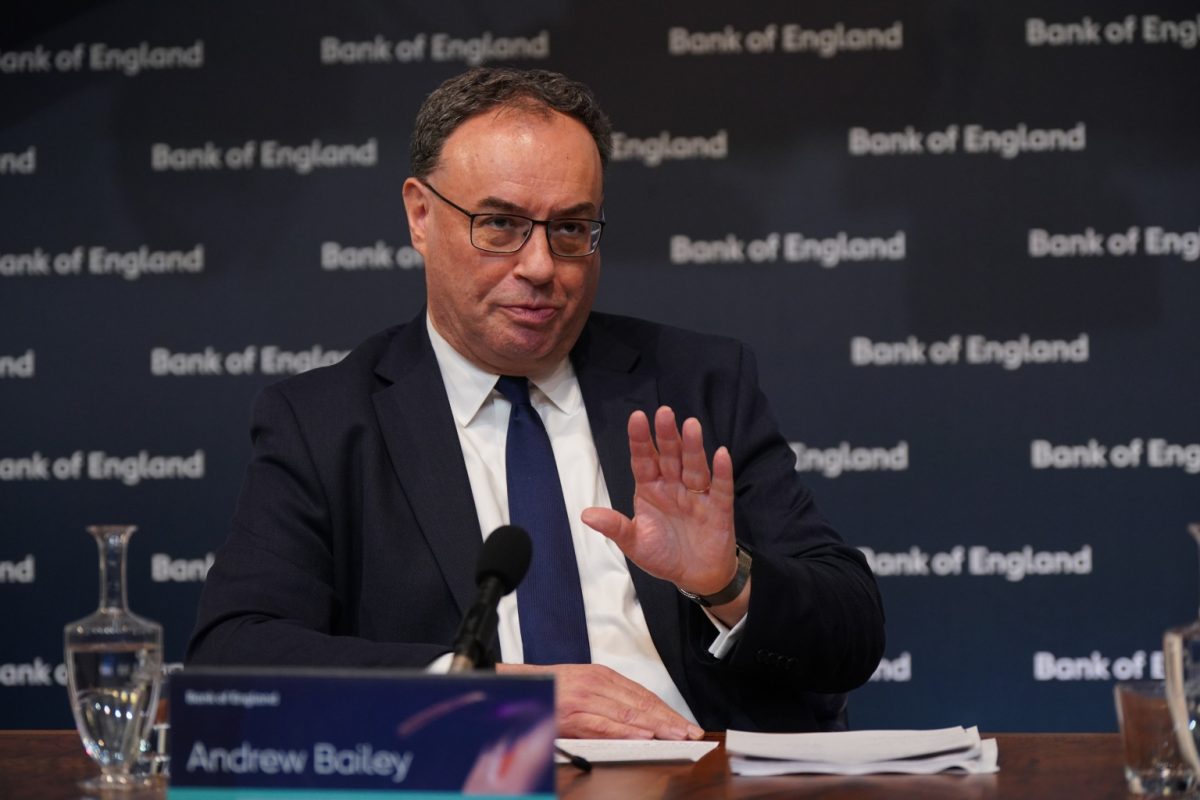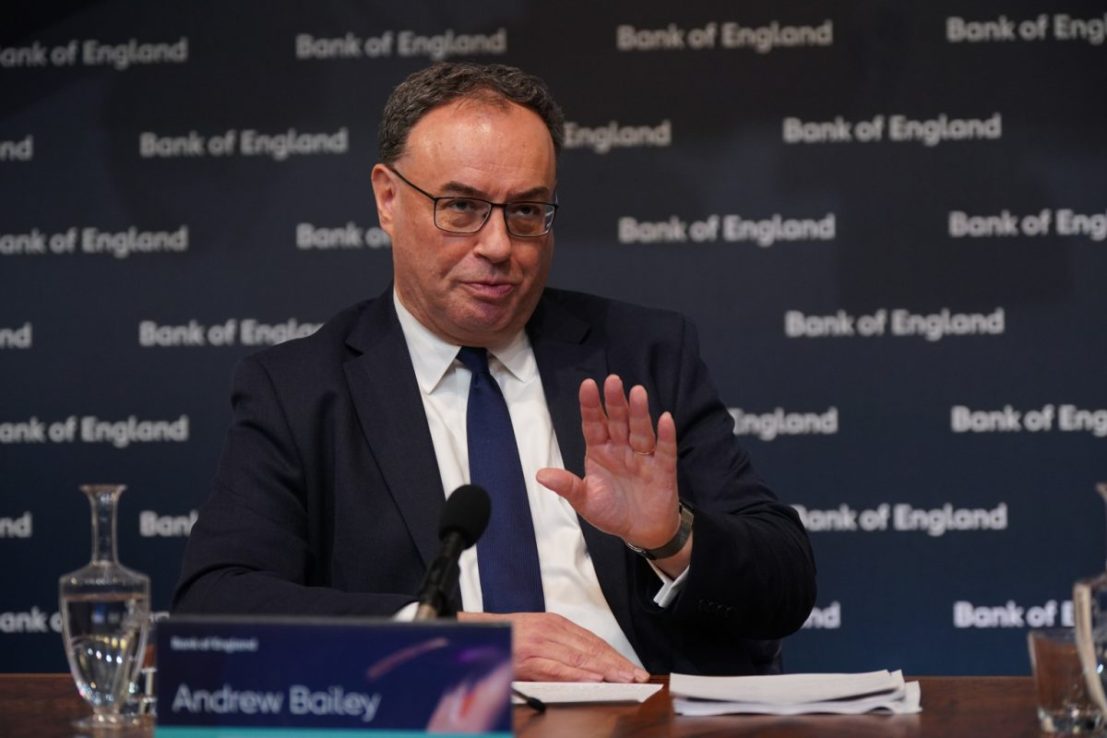Why the Budget complicates life for the Bank of England
Just when it seemed that inflation was finally coming under control, the government has announced a big increase in public spending.


The Budget has made life a little more complex for policymakers at the Bank of England.
Just when it seemed that inflation was finally coming under control, the government has announced a big increase in public spending.
The Office for Budget Responsibility (OBR) thinks the spending increases – worth some £70bn a year – will be inflationary in an economy that is already near full capacity.
According to their forecasts, inflation will pick up to a peak of 2.6 per cent in 2025 a large part of which is due to “near-term fiscal loosening” in the Budget.
“The scale of the increase in spending is substantial,” David Miles, a member of OBR’s Budget Responsibility Committee, said.
“It probably pushes the economy, at least for the next couple of years, a little bit into the territory of demand running a bit ahead of the supply capacity of the economy,” he said.
The OBR noted that monetary policy would have to respond to “rein in any excess demand”.
So has Labour stoked the inflationary fire?
A little. But its worth noting that, relative to the peak of the inflationary surge two years ago, this is a fairly modest increase.
The OBR estimated that interest rates will likely have to be 0.25 percentage points higher than they otherwise would have been, which still means that rates are falling.
However, Bank officials have been more concerned about the potential persistence of inflation than their counterparts at the OBR.
The Bank’s August projections, for example, put inflation about 0.5 percentage points higher next year than the OBR’s pre-Budget projections (the forecasts excluding the impact of the Chancellor’s policies).
It is unclear exactly how rate-setters will incorporate the Budget into their economic forecasts, but it seems reasonable to think that the Bank will forecast a higher peak in inflation than the OBR given they are starting from a higher base.
Despite this, it is unlikely that the Bank of England will do anything other than cut interest rates on Thursday. Inflation has come in well below the Bank’s expectations, there is growing slack in the labour market, and growth has slowed faster than expected too.
Paul Dales, chief UK economist at Capital Economics, said a rate cut was “nailed on”.
And what about beyond this week?
Obviously the further forward you look, the more uncertainty there is.
Over the past few weeks markets had increasingly piled on bets that the Bank would accelerate the pace of rate cuts, potentially waving through another rate reduction in December.
Bank officials had (mostly) continued to preach caution – for good reason.
A lot of the decrease in inflation in recent months has been driven by volatile items, most notably the massive 35 per cent monthly fall in airfares. Many of these will unwind.
And while pay growth has eased, Bank officials are wary that the big public sector pay deals agreed over the summer might set a benchmark for pay growth in the private sector.
So there are strong arguments in favour of the Bank of England’s gradual approach. The Budget simply strengthened this case.
As analysts at Goldman Sachs said: “Prospects for stronger 2025 growth are likely to reduce the urgency for sequential cuts in the near term and we now expect the MPC to hold Bank Rate in December”.
Like the OBR, Goldman expects Bank Rate to settle 25 basis points higher than they previously expected, at three per cent rather than 2.75 per cent. Hardly earth-shattering.
So the Budget looks like it will be inflationary, but not that inflationary.
It will strengthen the Bank’s existing conviction that it needs to take a cautious approach to cutting rates, but it will not fundamentally change the direction of policy.


